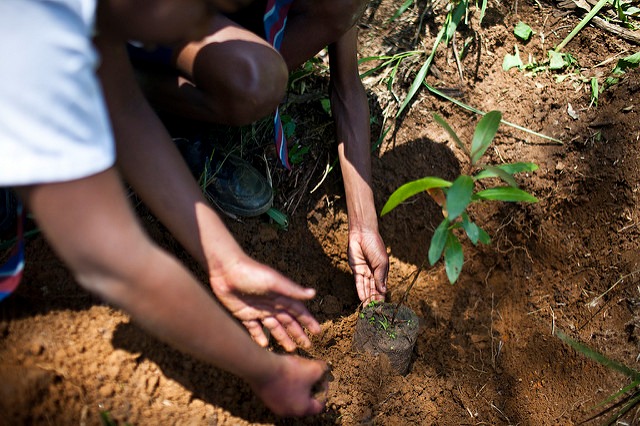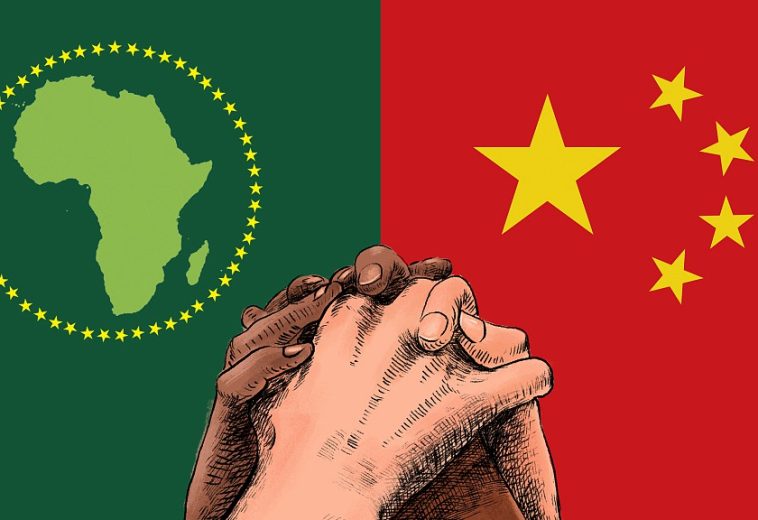The heatwave gripping Africa is not just a temporary discomfort; it’s a stark reminder of the severe consequences of climate change on the continent. With temperatures soaring to unprecedented levels, many regions in West Africa struggle with multifaceted challenges, ranging from health crises and economic strain. The countries most affected in West Africa include Nigeria, Benin, Togo, Ghana, Ivory Coast, Liberia, and Sierra Leone.
One of the most immediate and devastating impacts of the heat wave was on agriculture. Africa’s predominantly agrarian economies heavily rely on rain-fed agriculture, making them particularly vulnerable to erratic weather patterns. Prolonged heatwaves can lead to droughts, crop failures, and diminished livestock productivity, exacerbating food insecurity and threatening livelihoods. Small-scale farmers, who constitute a significant portion of the population, bear the brunt of these adverse effects, facing diminished harvests and reduced incomes.
A recent study found that a scorching heatwave in West Africa during February was amplified by human-caused global heating, making it 4 degrees Celsius hotter and 10 times more likely. While the exact toll in terms of early deaths or illnesses remains unknown due to underreporting, millions have been affected. The heatwave, occurring in the continent’s largest region, further weakened crops already damaged by extreme rainfall in December, leading to soaring food prices.
The scorching temperatures exacerbated health risks, especially in regions with inadequate access to healthcare and limited infrastructure. Heat-related illnesses such as heatstroke, dehydration, and cardiovascular complications became more prevalent, posing a significant threat to vulnerable populations, including children, the elderly, and those with pre-existing health conditions.
In urban areas, where concrete structures and limited green spaces aggravated the urban heat island effect, the risk of heat-related illnesses was further heightened. Despite warnings from meteorological organizations in Nigeria and Ghana, many affected countries lacked adequate planning for the dangerous heat. The February heatwave, occurring early in the year, caught many unprepared.
The heatwave also worsened water scarcity, as higher temperatures accelerate evaporation rates and deplete water sources. Communities dependent on rivers, lakes, and groundwater for their water supply currently face increased hardship, with women and girls often bearing the burden of traveling long distances to secure water for their families.
Decreased agricultural productivity, coupled with increased healthcare costs and infrastructure damage, places a significant strain on already fragile economies. Moreover, industries such as tourism, which rely on favorable weather conditions, suffer as extreme heatwaves deter visitors and disrupt outdoor activities.
International climate research organizations determined that without climate change, such a heatwave would have been a rare event, happening less than once a century. They emphasized the deadly consequences of extreme heat, especially for vulnerable populations such as the elderly, those with health conditions, and outdoor workers. Pointing that the need for adaptation to climate change is urgent. Yet funding falls short. While wealthy nations can offer support, reaching net-zero emissions remains the ultimate goal to mitigate such crises.


